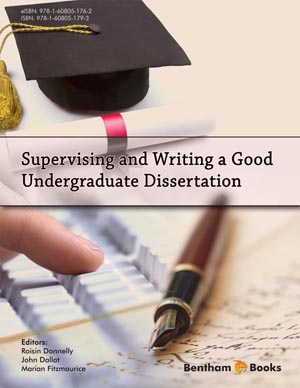Abstract
Cultural Community is a fundamental analysis category that encompasses children, their families, teachers, and all the additional contexts in which children are inserted. In this category, we analyse the daily routine of Omar as he interacts with others in his family, school, and new Brazilian community. We consider the implicit and explicit family values that appear in social and material relations between parents and children; the ways children model such interactions; and, as a result, how these interactions seem to affect the family notion regarding what is a successful child. Bearing this perspective in mind, we observe that the community cultural values manifest and shape the child’s interactions with, and consequently transform, the environment in a dialectic process. Omar is interculturally successful, as he manages to integrate aspects of his original Arabic culture and his current Brazilian multicultural context with confidence, admiration, and aid from his parents, teacher, and classmates. Omar represents a secure intercultural identity – one where the values and customs of different social groups interact in his life in a symbiotic and non-competitive way.
Keywords: Assimilation of Values and Beliefs, Cultural Community, Cultural Identity, Cultural Transition, Family Values, Intercultural Success, Mediation, Social Relations, Socialisation.













